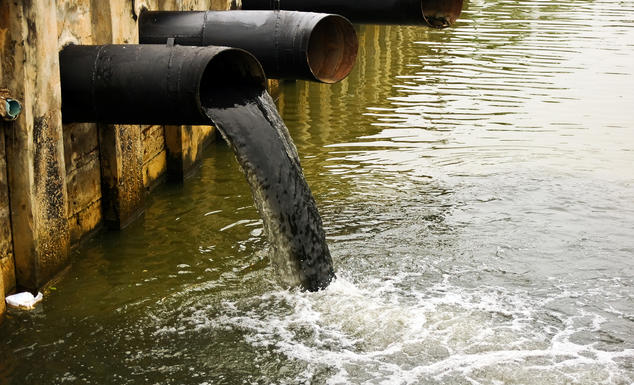A Civics Lesson Every American 10-Year-Old Understands: Balance of Powers

But a problem arose: the executive branch doesn’t like the law, as it restricts the activity of industry in terms of the disposal of toxic waste, and that makes wealthy campaign donors unhappy. Yet the people in the executive branch know their civics; they understand they can’t just make the law go away, but they can subvert its intention, so they redefine what the word “waterway” means. Now:
- Nearly one in every five streams nationwide
- Over half of all remaining wetlands nationwide
- All groundwater
- Many other tributaries, lakes, and ponds
are exempt from the Clean Water Act. The U.S. winds up with a) 330 million frustrated citizens whose health is threatened, but b) a few rich donors who are ecstatic.
Problem solved. At least temporarily.
The judicial branch could get involved, which is why the executive branch has been doing everything possible to stuff our courts with judges who favor industry over the environment. Where she stops, nobody knows.
